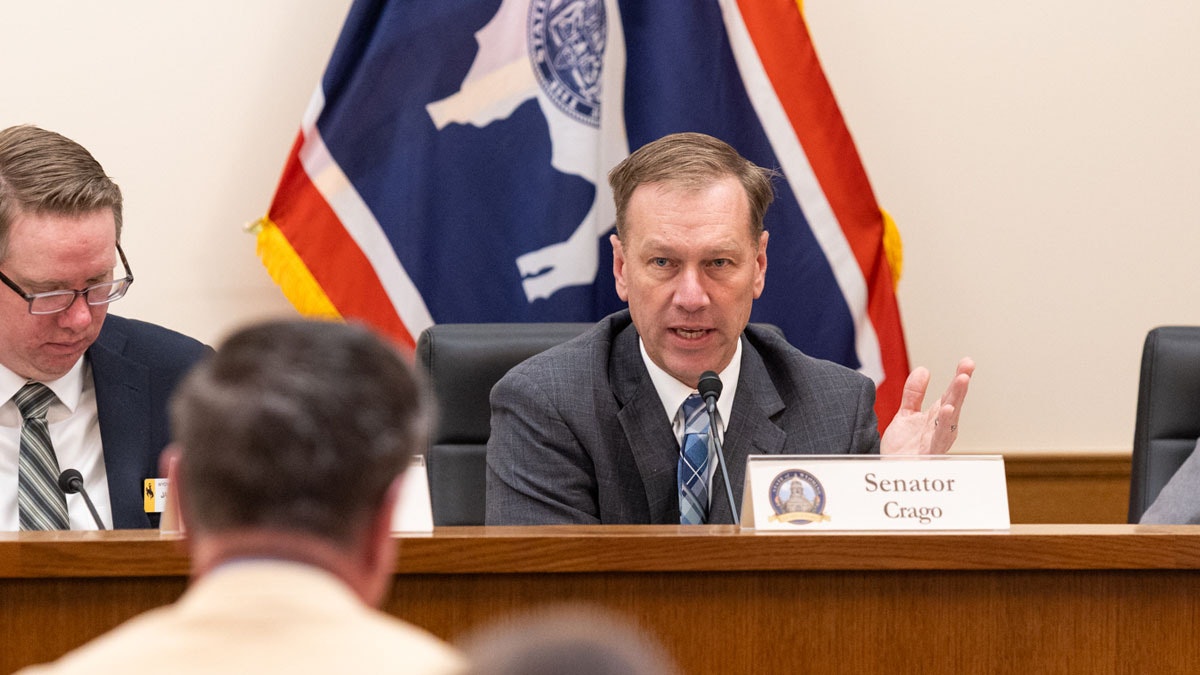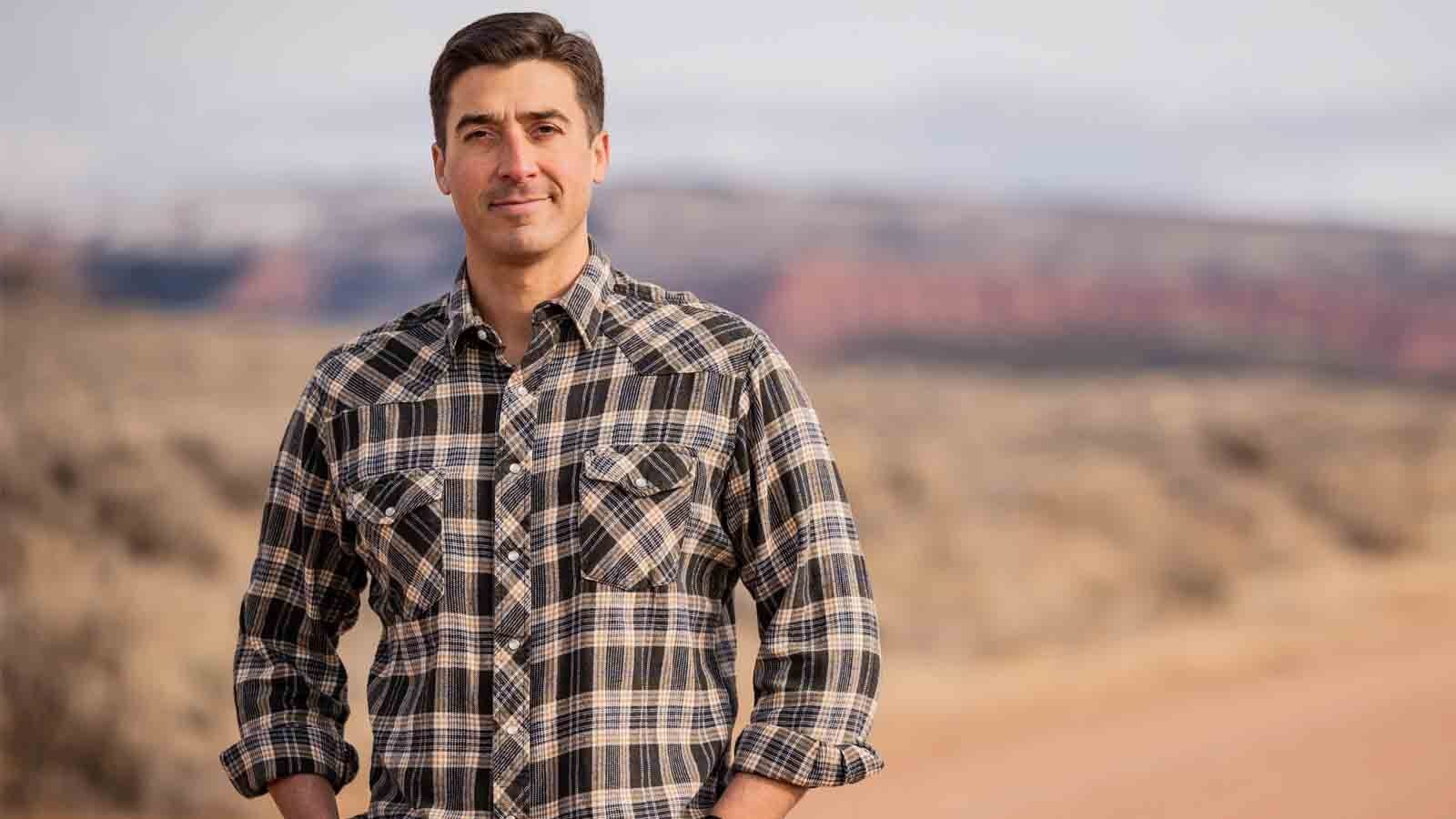A bill moving through the Wyoming Legislature would create separate runoff elections for the state’s highest elected officials, including governor.
The state House passed House Bill 249 on second reading Tuesday, which would create a separate runoff election for the governor, secretary of state, state treasurer, state auditor, superintendent of public instruction and any federal office races if no candidate in a race gets 50% of votes cast on in a primary.
Wyoming elections now award the person who receives the most votes a win no matter what, known as a plurality. In the case of a crowded field where no one candidate gets 50%, runoff would be triggered.
Why Do It?
When presenting his bill on the House floor Monday, House Speaker Chip Neiman, R-Hulett, made sure there was no confusion about the intent of his bill. He specifically called out how Gov. Mark Gordon won his 2018 Republican primary with 34% of the vote, a major thorn in the side of some conservatives in Wyoming.
“Sixty-six percent of the voters in that election would have chosen someone else,” Neiman said.
Gordon demolished his opponents in his 2022 Republican primary bid, winning by a landslide margin.
Neiman believes it does a “good service” to the people of Wyoming to require that candidates receive at least 50% of the vote.
He estimates there could be as many as eight candidates in the Republican governor’s race alone in 2026. If all eight are equally competitive with each other, he said it could result in the winner only receiving 13% of the vote.
“What you’re looking at is 87% of the people of that election chose someone else to represent them from the party,” he said.
Neiman also spoke to the fact that Wyoming is a supermajority Republican state where most races are decided at the primary stage.
Rep. Ken Chestek, D-Laramie, spoke against the bill.
“This is going to be a lot of elections and I think it’s going to be confusing for people,” he said.
Rep. Rob Geringer, R-Cheyenne, pointed to the fact that Wyoming hasn’t always been deep red. As late as the 1990s, Democrats posted competitive numbers in all statewide races in Wyoming.
“The pendulum tends to swing,” he said. “I don’t foresee that we’re going to be in this kind of situation forever.”
He also expressed concern that a runoff could dilute participation, pointing to the fact that voter turnout in Georgia’s runoff elections is substantially lower than its other elections. He also said it could create confusion among voters by potentially adding an additional election every two years.
“I wonder how that’s going to work,” he said.
How It Works
The bill moves up the primary election to May. If a winning candidate fails to receive a majority of the vote in that election, they and their second place competitor will then move on to an August runoff election. There would be no changes made to the November election.
The filing period for office would be bumped up from May to February.
The cost of adding an extra election would be budgeted at $2 million.
Rep. Ken Chestek, D-Laramie, unsuccessfully proposed an amendment to the bill on Tuesday that would have made all races for statewide offices with three or more candidates moved to the August runoff election. If a plurality of votes failed to be received, ranked choice voting results would be employed to determine the final winner.
Chestek said his proposal will lead to greater turnout and cost the state less money running multiple elections, as well as lead to less divisive campaign season.
“It’s an elegant system, it’s done on one day,” he said.
Rep. Tom Kelly, R-Sheridan, spoke “way against” the amendment, saying it amounts to ranked choice voting, which the House voting to ban in a separate bill earlier in the day.
“The biggest problem with ranked choice voting is that’s technically impossible, even though highly highly improbable, that the winner could have no first place votes,” he said.
Chestek admitted his amendment is ranked choice voting, but expressed confusion why people are opposed to it when considering their second and third choice candidates could still win an election.
He also said he agrees with the purpose of the bill, which is to make a successful candidate in the primary election win a majority of the vote in their election.
“I just think there is a much better way to accomplish that goal without disrupting the entire elections cycle and making us file for office in February while we’re still in session,” Chestek said.
Leo Wolfson can be reached at leo@cowboystatedaily.com.





